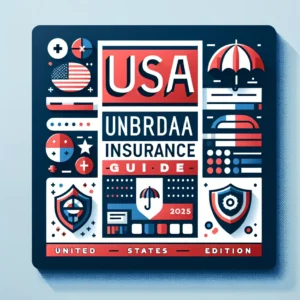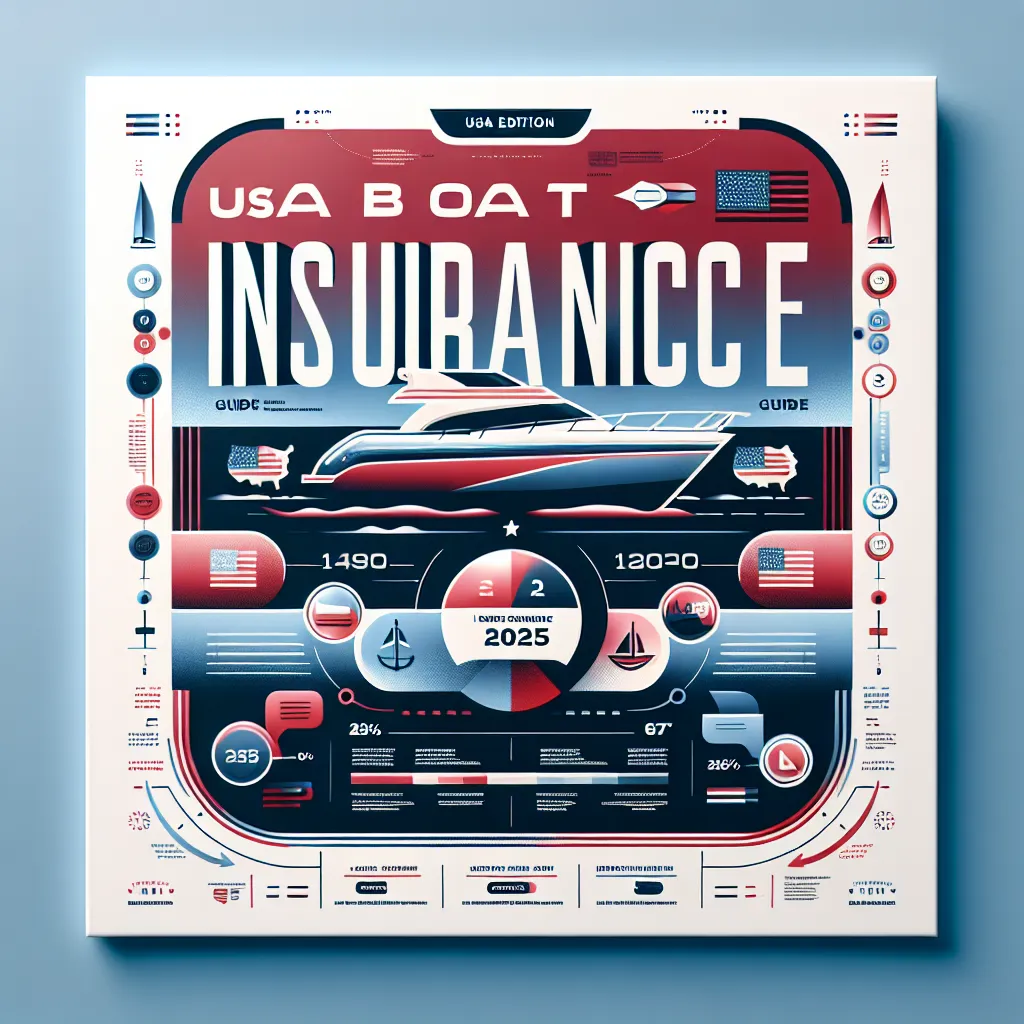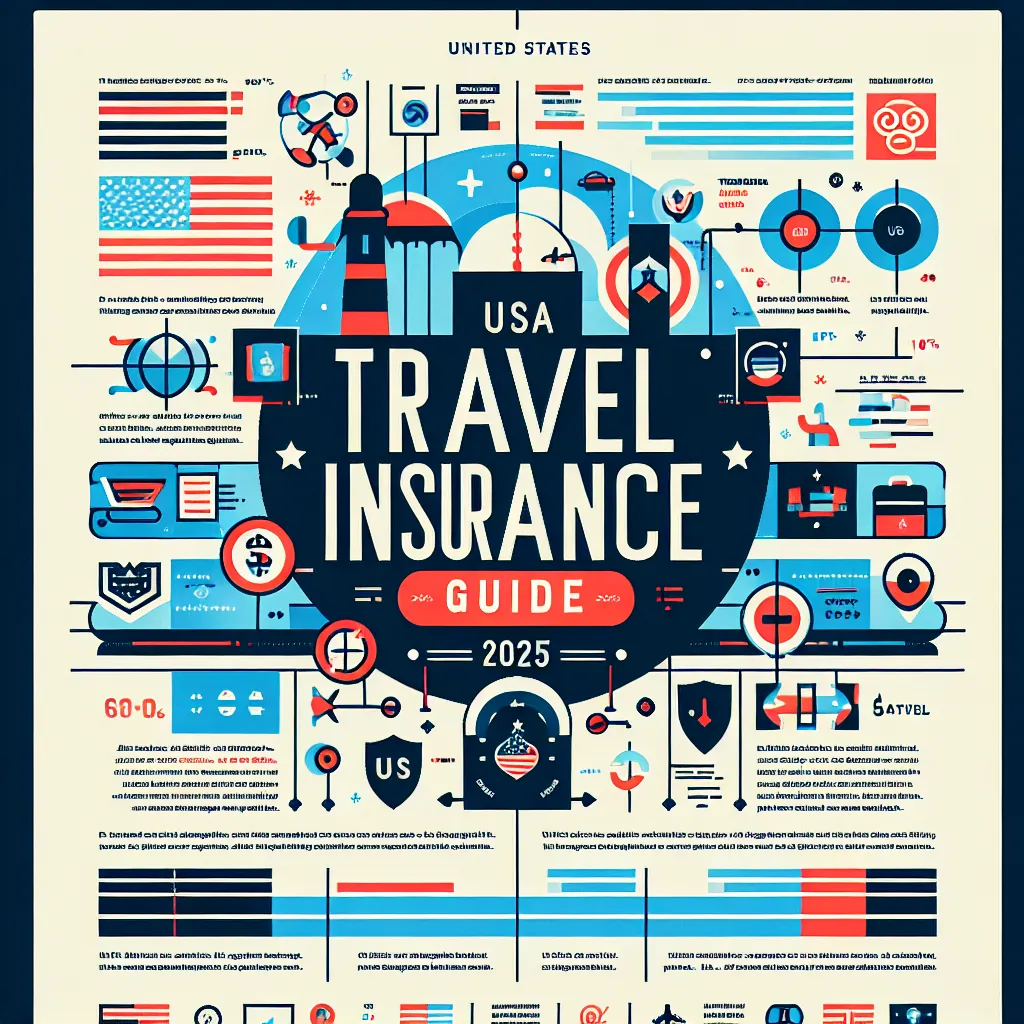Title: # Understanding Umbrella Insurance in the USA for 2025: A Comprehensive Guide
Meta Description: Explore comprehensive Umbrella Insurance options in the USA for 2025. Learn about coverage, costs, and best providers to protect your assets.
Content:
Navigating the world of Umbrella Insurance can be complex. This guide will help you understand your options for 2025 in the USA.
What is Umbrella Insurance?
Umbrella Insurance acts as a safety net that provides additional liability coverage beyond the limits of your standard homeowners, auto, or watercraft insurance policies. It is designed to protect you from major claims and lawsuits, offering a higher level of security to your assets and future earnings. This type of insurance is crucial for individuals with significant assets or those at higher risk of being sued, such as landlords, business owners, or individuals with high-profile public personas.
In essence, Umbrella Insurance can cover legal fees, medical bills, and damages that exceed your existing policy limits. It typically covers incidents like bodily injuries, property damage, and certain lawsuits involving personal liability, such as libel or slander. By 2025, the importance of Umbrella Insurance is expected to grow as litigation becomes more prevalent and the cost of personal lawsuits continues to rise. Understanding the nuances of this insurance type is crucial for comprehensive protection against unforeseen liabilities.
Key Coverages in a Standard Umbrella Insurance Policy for 2025
Umbrella Insurance policies are highly customizable and can be tailored to meet individual needs. Here are some standard coverages you can expect in 2025:
- Excess Liability Coverage:
- Extends beyond existing policies, covering costs such as legal fees and settlements after primary insurance limits are exhausted.
- Bodily Injury Liability:
- Covers the cost of injuries to others caused by accidents where you are at fault, such as car accidents or accidents occurring on your property.
- Property Damage Liability:
- Provides coverage for damage to others’ property. This can include damage caused by your car or accidents on your premises.
- Personal Liability:
- Covers lawsuits involving defamation, libel, slander, and false arrest, which are not typically covered by other insurance policies.
- Legal Defense Costs:
- Pays for legal defense fees associated with covered claims, even if the lawsuit is groundless or fraudulent.
- Optional Riders:
- Some insurers offer additional options, such as coverage for rental properties, protection against identity theft, and more. These can be tailored based on personal circumstances and risk profiles.
Top Umbrella Insurance Providers in the USA for 2025
Choosing the right Umbrella Insurance provider involves comparing coverage options, customer service, and financial stability. Here is a comparison of some leading providers for 2025:
Major Insurance Companies Comparison
| Insurance Company | Monthly Premium Range* | Deductible Options* | Key Features | Customer Satisfaction | Best For |
|---|---|---|---|---|---|
| Company A | $15-$30 | $0-$500 | Extensive network, customizable policies, 24/7 support | 4.5/5 | High-net-worth individuals |
| Company B | $20-$35 | $250-$1,000 | Strong online tools, multi-policy discounts | 4.3/5 | Families and homeowners |
| Company C | $18-$32 | $500-$1,500 | Comprehensive coverage options, excellent claims handling | 4.6/5 | Small business owners |
| Company D | $22-$40 | $0-$750 | Affordable rates, reliable customer service | 4.2/5 | Budget-conscious customers |
*Note: Premium ranges and deductible options are estimates and may vary based on individual circumstances, location, and specific policy details. Please verify actual rates with insurance providers.
Provider-Specific Benefits and Drawbacks
Company A
- Strengths: Highly customizable policies, extensive coverage options, robust financial backing.
- Weaknesses: Higher premiums compared to some competitors.
- Unique Features: Offers global coverage and specialized policies for high-net-worth individuals.
- Customer Service: Rated highly for responsiveness and support, with 24/7 assistance.
Company B
- Strengths: Attractive multi-policy discounts, user-friendly online tools for policy management.
- Weaknesses: Limited coverage for specific high-risk activities.
- Unique Features: Strong digital infrastructure, excellent for tech-savvy customers.
- Customer Service: Generally positive reviews, although some report delays during peak periods.
[Repeat for other major providers]
Umbrella Insurance Coverage Comparison Table
| Coverage Level | Monthly Premium Range* | Deductible Range* | Key Features | Best For |
|---|---|---|---|---|
| Basic | $10-$20 | $0-$250 | Essential liability coverage, budget-friendly | Individuals with minimal assets |
| Standard | $20-$35 | $250-$750 | Broader protection, including additional liability risks | Families and moderate asset holders |
| Premium | $30-$50 | $500-$1,500 | Comprehensive coverage, customized options | High-net-worth individuals and business owners |
*Note: Premium and deductible ranges are estimates and may vary significantly based on individual circumstances and location.
Factors Influencing Umbrella Insurance Costs in 2025
Several factors can impact the cost of Umbrella Insurance:
- Coverage Limits: Higher coverage limits typically result in higher premiums. Assess your needs to find a balance between protection and cost.
- Underlying Insurance Requirements: Insurers often require minimum coverage limits on primary policies, which can affect the umbrella policy cost.
- Risk Exposure: Owning multiple properties, having a teenage driver, or engaging in high-risk activities can increase premiums.
- Claims History: A history of claims can lead to higher rates, as insurers view claimants as higher risk.
- Discounts: Bundling policies or maintaining a claim-free record can help lower premiums.
Cost Factors Comparison Table
| Factor | Impact on Cost | How to Reduce Impact |
|---|---|---|
| Age | Younger drivers or homeowners may face higher premiums | Consider safe driving courses or bundling policies |
| Location | High-crime or disaster-prone areas may increase costs | Implement safety measures and choose coverage wisely |
| Coverage Level | Higher coverage limits increase premiums | Evaluate actual needs and adjust limits accordingly |
| Deductible | Lower deductibles raise premiums | Opt for a higher deductible to reduce monthly costs |
How to Choose the Right Umbrella Insurance Plan in 2025
- Assess Your Needs: Determine your liability risks by evaluating your assets, lifestyle, and potential exposure to lawsuits.
- Compare Quotes from Multiple Insurers: Gather quotes from several providers to identify the best combination of coverage and cost.
- Check Insurer’s Reputation and Financial Stability: Research insurers’ financial ratings and customer reviews to ensure reliability.
- Understand Policy Exclusions: Carefully review policy exclusions to avoid surprises during claims.
- Consider Bundling: Bundling umbrella coverage with other policies can lead to discounts and streamlined management.
Comparing Umbrella Insurance Products for 2025: What to Look For
When evaluating Umbrella Insurance products, consider the following:
- Coverage Limits: Ensure the policy offers adequate coverage based on your asset protection needs.
- Deductibles: Choose a deductible that balances affordability with financial risk.
- Exclusions: Be aware of what is not covered to avoid gaps in protection.
- Customer Service: Opt for insurers known for excellent customer service and claims processing.
- Claims Process: A straightforward claims process can ease stress during incidents.
Key Features Comparison Table
| Feature | Why It Matters | What to Look For |
|---|---|---|
| Coverage Limits | Protects assets from large claims | Limits that cover potential liabilities |
| Deductibles | Affects out-of-pocket costs | Balance between premium savings and financial risk |
| Exclusions | Avoids coverage surprises | Clear understanding of what’s excluded |
| Customer Service | Ensures support during claims | High ratings and positive reviews |
| Claims Process | Smooth handling of claims | Efficient and transparent processes |
Trends to Watch in Umbrella Insurance for 2025
In 2025, expect to see advancements in digital policy management, with more insurers offering comprehensive online tools for policy adjustments and claims. Increased customization options will allow for more tailored coverage, while growing awareness of cyber liability may introduce new riders and coverage areas. As climate change impacts liability risks, expect insurers to adjust underwriting criteria and pricing models. Staying informed about these trends will help you adapt your coverage to evolving needs.
Conclusion: Securing Your Umbrella Insurance
Umbrella Insurance is a crucial component of a robust financial protection strategy. By evaluating your needs, comparing providers, and understanding policy details, you can secure coverage that effectively shields your assets from unforeseen liabilities. As the landscape shifts in 2025, staying informed and proactive will ensure you remain protected.
Important Legal Disclaimers and Notices
No Professional Advice
This guide is provided for general informational purposes only. It is not intended to be and should not be considered as:
– Professional insurance advice
– Financial advice
– Legal advice
– Tax advice
– Any other type of professional advice
No Warranties
The information in this guide:
– Is provided “as is” without any warranties of any kind
– May contain errors or inaccuracies
– May not be suitable for your specific situation
– May not reflect current insurance laws or regulations
– May not be applicable in all jurisdictions
Limitation of Liability
The author and publisher:
– Are not responsible for any decisions made based on this information
– Do not guarantee the accuracy of any information provided
– Are not liable for any losses or damages that may result from using this information
– Do not endorse any specific insurance company or product
Required Actions
Before making any insurance decisions, readers should:
1. Consult with licensed insurance agents or brokers
2. Obtain personalized quotes from multiple insurance providers
3. Review actual policy documents and terms
4. Consider their specific needs and circumstances
5. Verify all information with official sources
6. Seek professional advice if needed
Company Information Disclaimer
Any mention of specific insurance companies:
– Is for illustrative purposes only
– Does not constitute an endorsement
– May not reflect current company policies or offerings
– Should be verified with the companies directly



